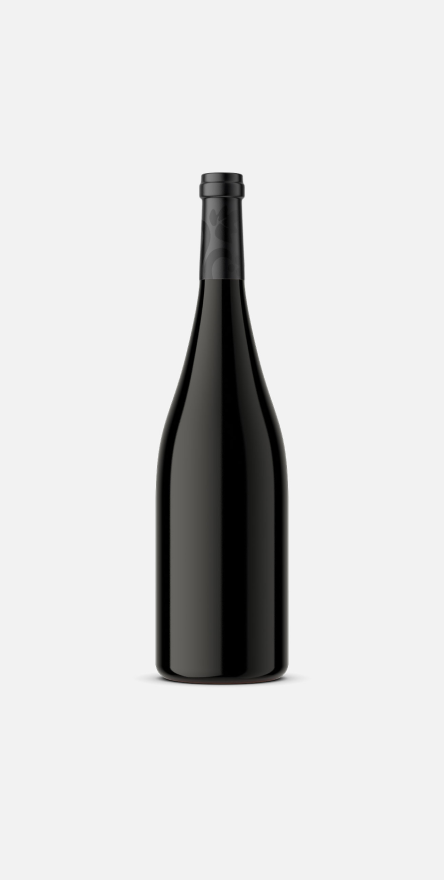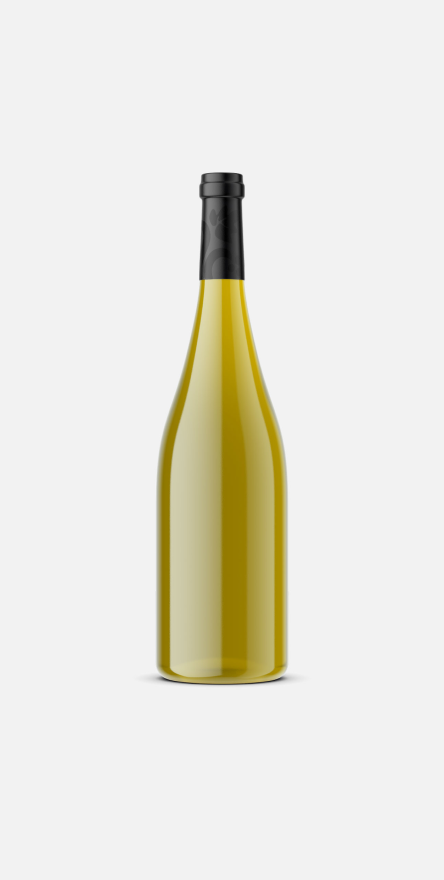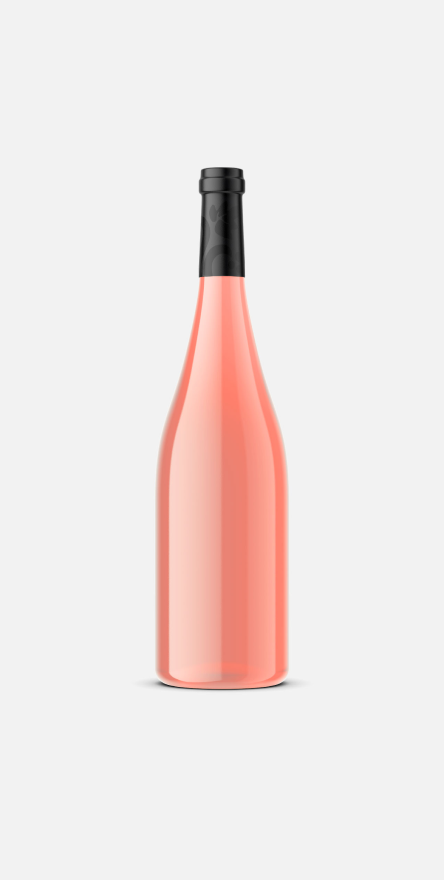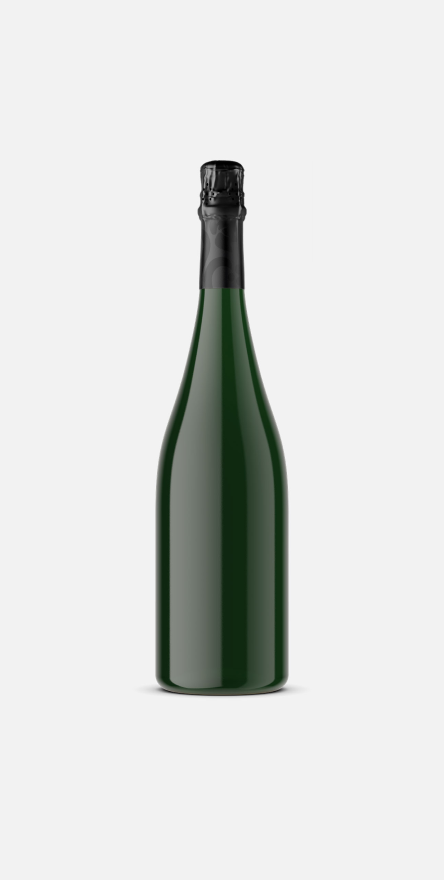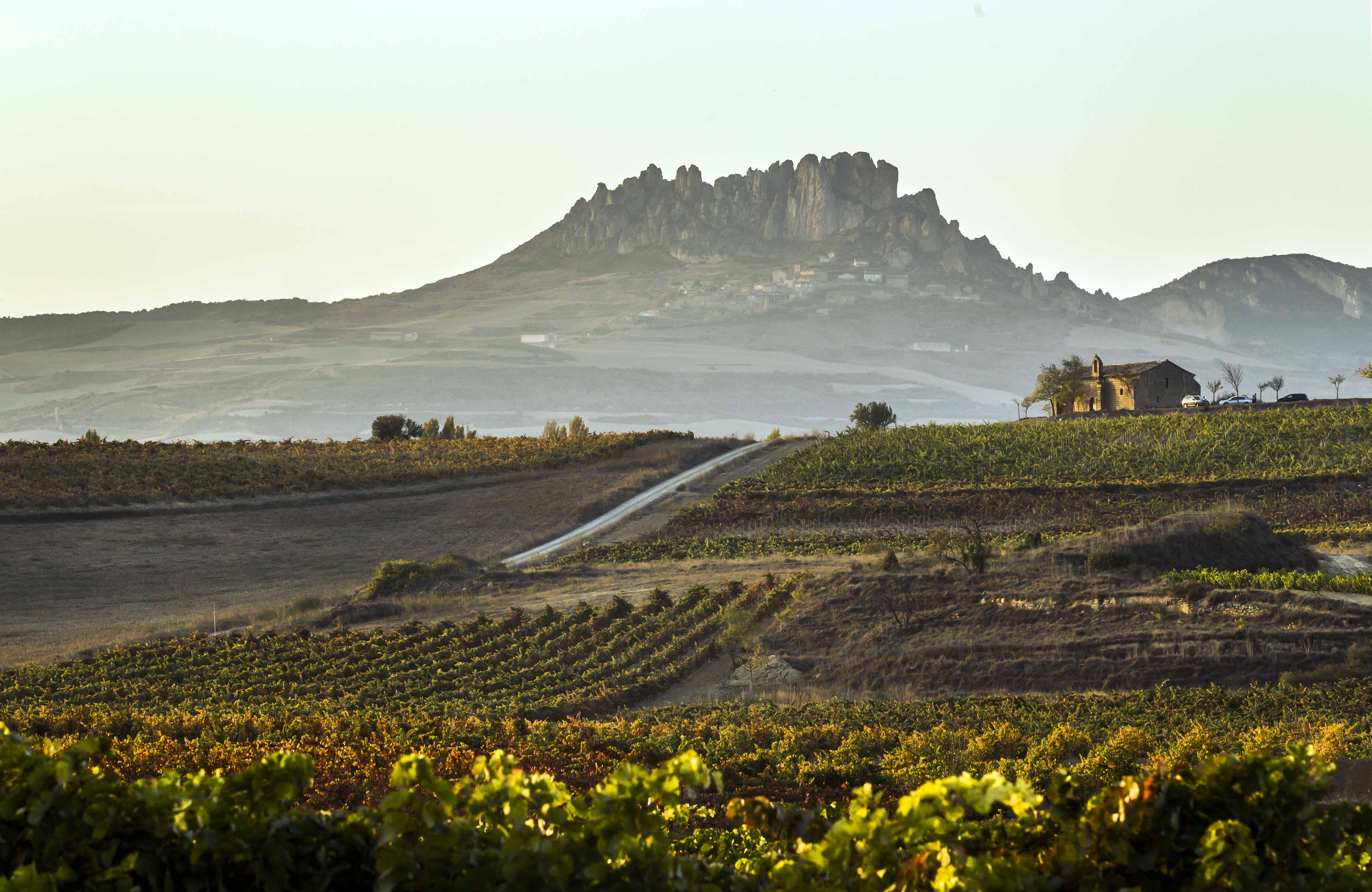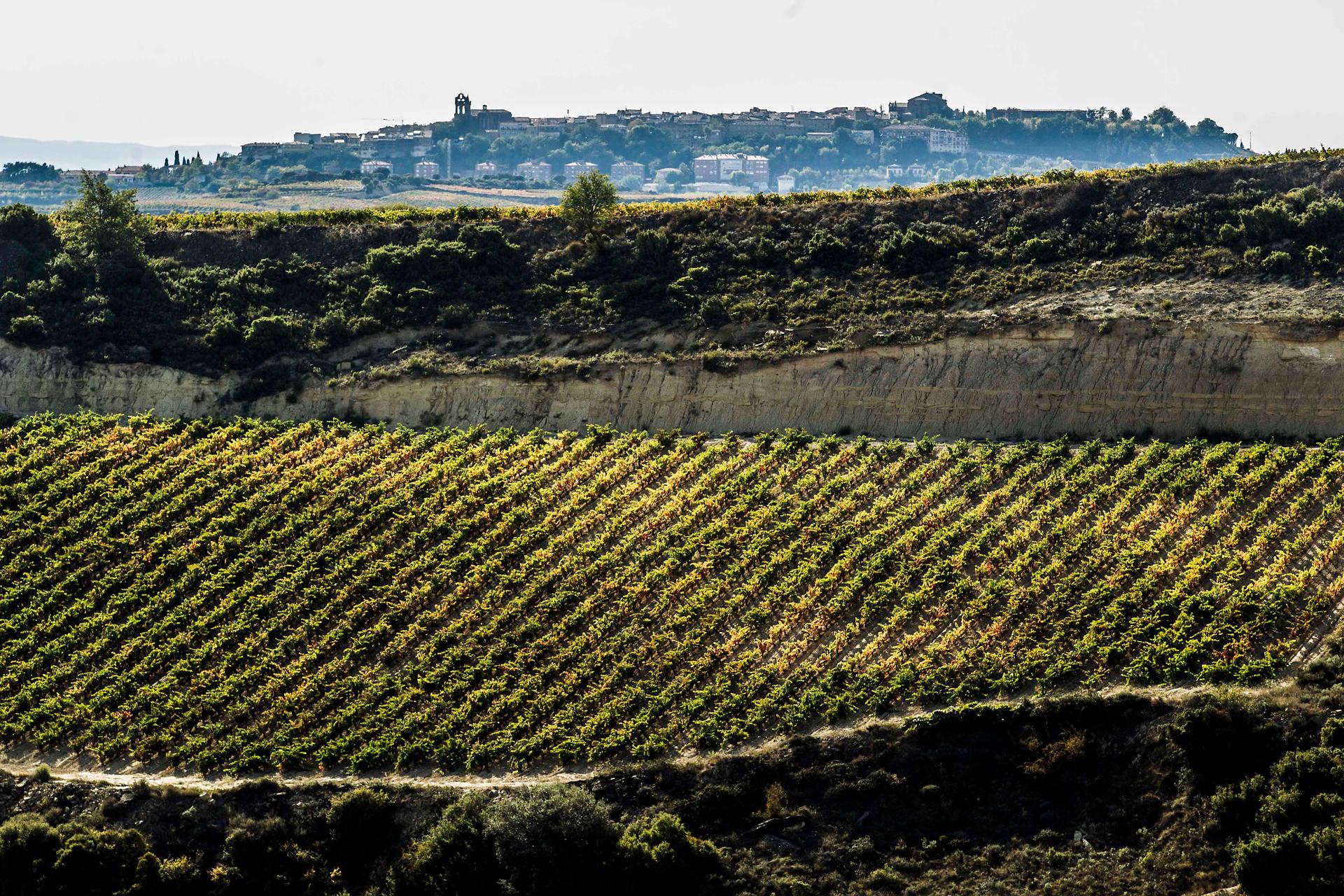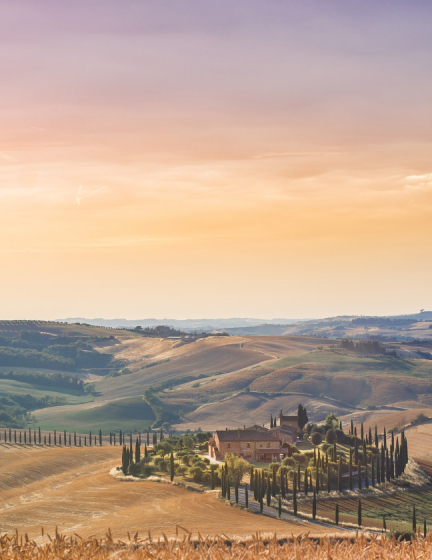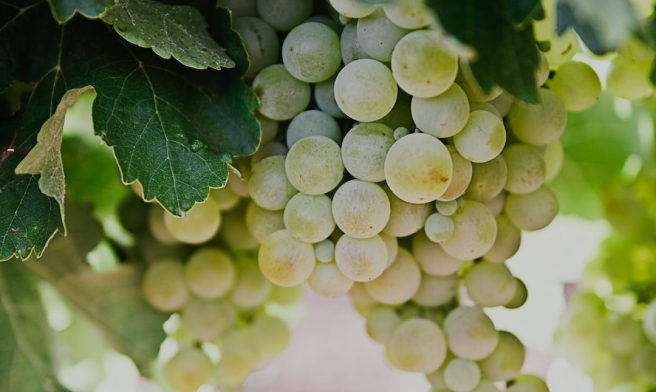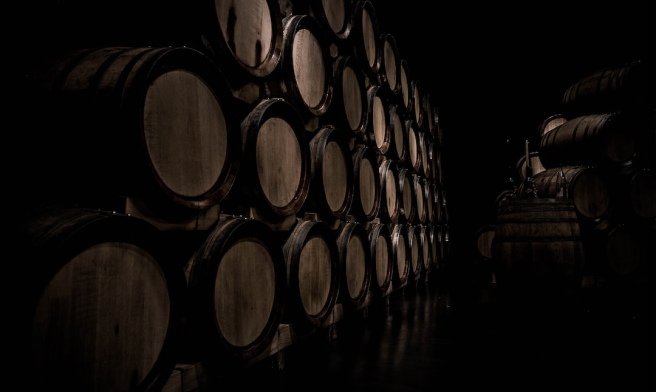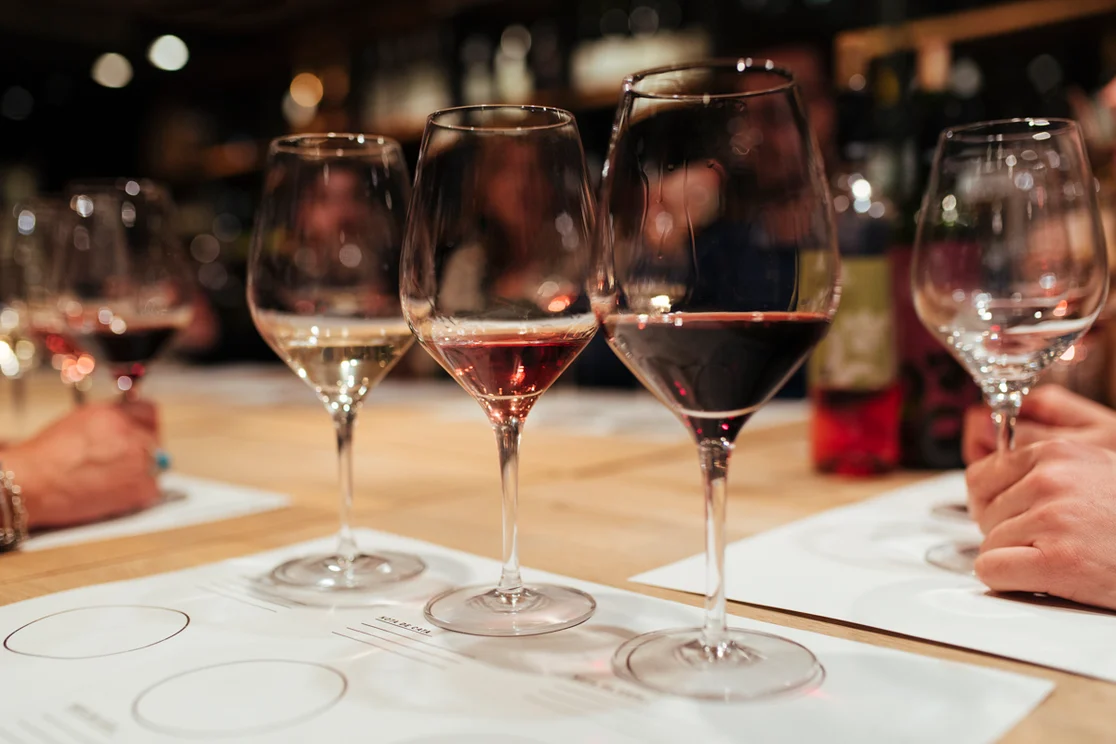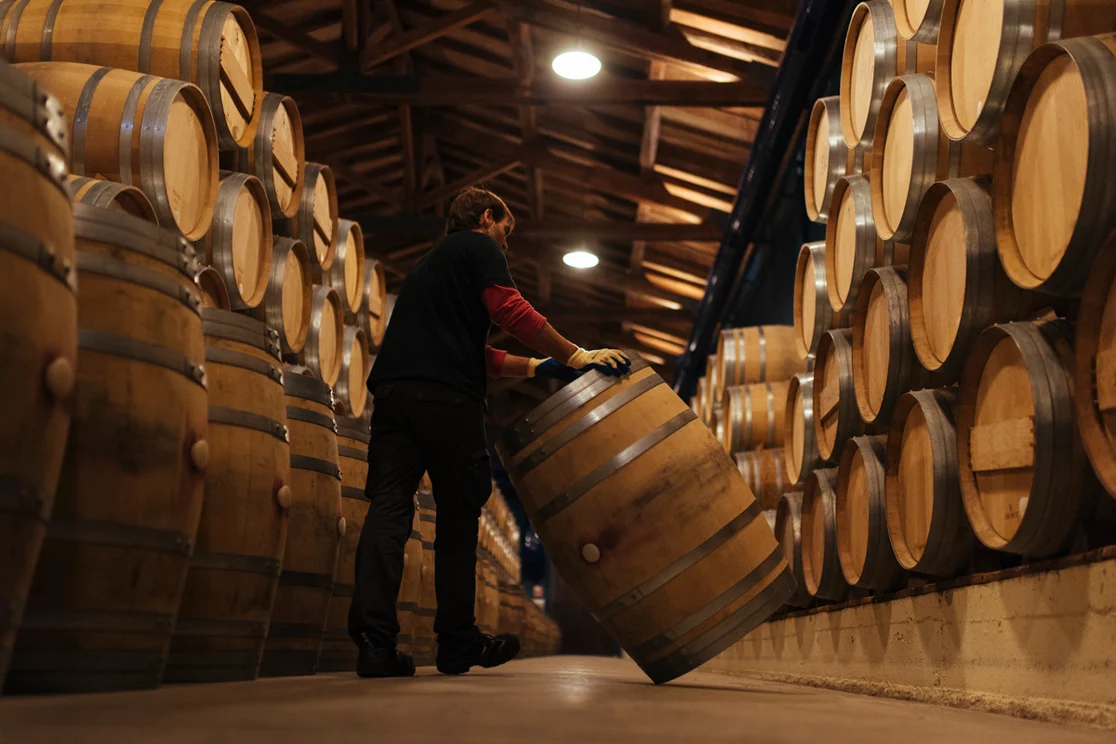100 Years Living and Breathing Wine
Rioja CentenaryExplore our winemaking regions: Rioja Alta, Rioja Alavesa, and Rioja Oriental.
Three areas, 100 kilometers of diversity and a thousand wines. More than 66,000 hectares, its villages and vineyards configure their own personality for Rioja, making it a unique land.
Discover the three regions of Rioja.
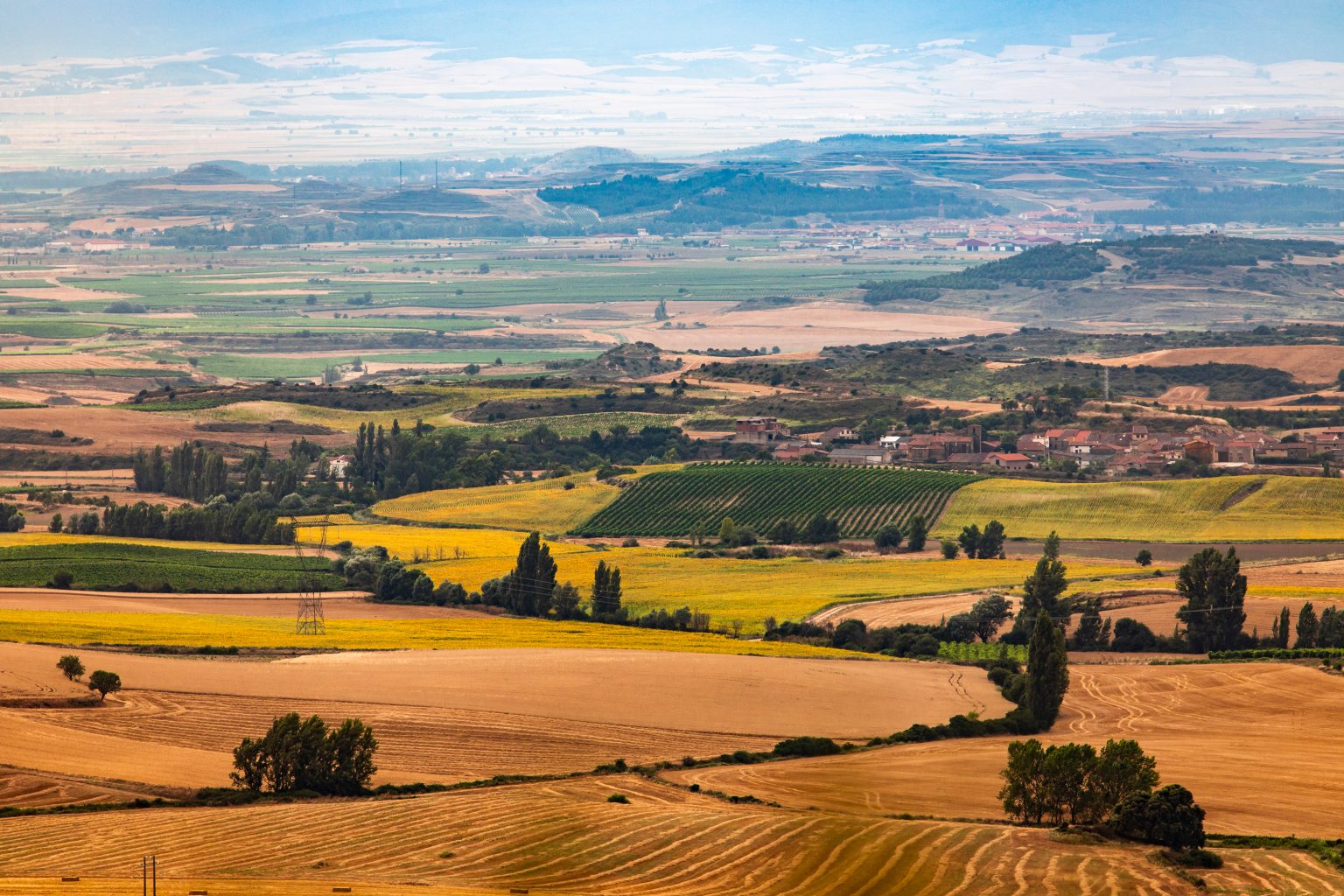
Nearly 600 wineries with unique experiences in Rioja
From exclusive tastings to walks among the vineyards, each winery offers a truly special adventure for wine lovers.
